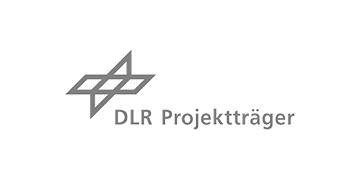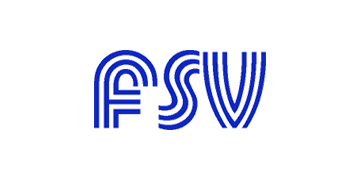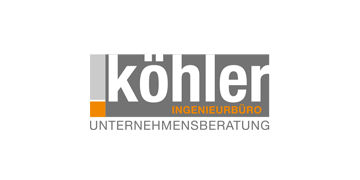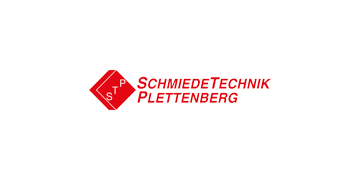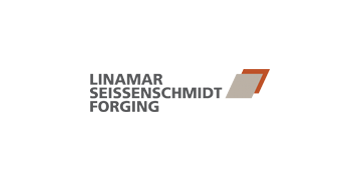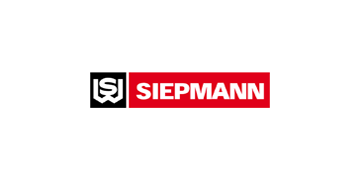| Theme | Forming technology, Process design |
|---|---|
| Project title | Optimization of the service life of slide tools in forging presses with the variation of the closing mechanism and the forming speed (Standzeit Schieberwerkzeuge) |
| Project duration | 01.05.2018 – 31.12.2020 |
| Download | |
| Press release |
Material efficiency is a decisive factor to increase the economic efficiency in the production of geometrically complicated forging parts. For an efficient material utilization, the preforms are decisive. Those preforms can be optimized by a multi-directional forging process and the use of slide tools.
The research goal is to create a construction guideline for increasing the service life of slide tools. For this purpose, a modular tool concept will be developed, that allows the use of various angles on the wedge and slider as well as different closing mechanisms (e.g., springs) on different types of presses.
The developed construction guideline should show the process parameters that lead to a low-wear forming.
The implementation of the results should enable companies to use slide tools after at least one further development step.
Publications about the project
The results of the wear investigations will allow multidirectional processes in hot forging to be optimized in the future in a low-wear and economical manner. The determined, wear-inducing process parameters within the design guideline represent elementary basic knowledge which can be applied in a process-specific manner. In principle, the economic potential of multi-directional forging processes using of multi-directional forging processes using sliding dies depends on the application and the desired component geometries. Multi-directional forging processes forging processes offer great potential for savings and can be process design using the results obtained, they can achieve high tool life and have a positive influence on the competitive situation of companies. As a result costs for explicitly selected niche components with significantly higher with significantly increased complexity can be reduced in the future with manageable investment costs in the future. In addition to the process-specific optimization of the process parameters, in the future options for mold design adaptation with regard to local cooling or local cooling or thermal insulation of the slide-wedge wedge mechanics, in order to be able to use the systems in automated series automated series production.
Slide tools, process design, economic efficiency, solid forming
Forging can be used to produce components with excellent mechanical properties. However, conventional drop forging does not offer the possibility of introducing undercuts into a workpiece and creating complex geometries with one forging stroke.
forging, undercuts
For the industrial establishment of multi-directional forging processes, expected tool life and economical production are essential. In this paper, the influence of different process parameters on the wear behavior of slider tools is investigated within a simulation study. The results make it possible to identify the wear-inducing process parameters and to optimize a process design in relation to the resulting tool life.
wear, slider tools, forging processes
For the establishment of innovative manufacturing processes, consistent results and increased tool life is very important. When using slider tools in multidirectional forging processes, tool life identification has not been occurred yet. For the industrial implementation of slider tools, the influence of different process parameters on the resulting tool life is to be determined and a construction guideline for tool life increasement is created.
multi-directional forging, tool life optimization, design guidelines, toolmaking




